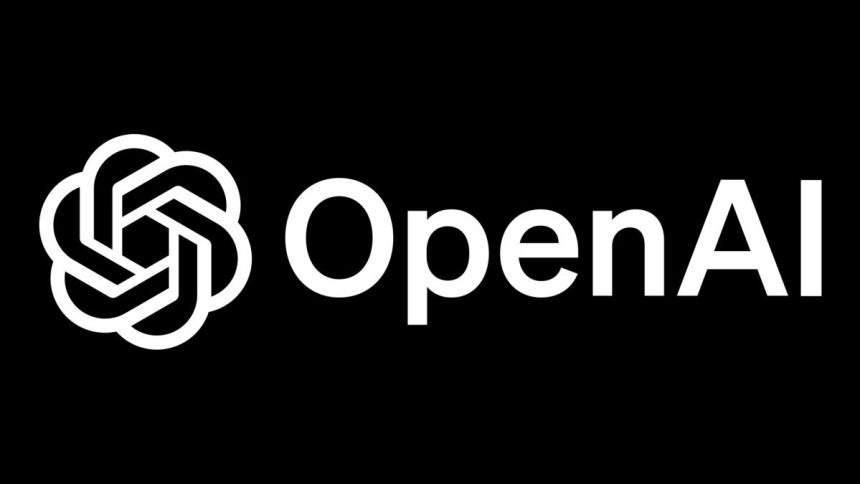“`html
OpenAI Disrupts Iranian Influence Campaign Leveraging ChatGPT
On Friday, OpenAI revealed its successful intervention in an Iranian influence operation that utilized ChatGPT to fabricate misleading news stories and social media posts aimed at American audiences. The organization disclosed that it had identified and banned multiple accounts responsible for producing content across five websites—available in both English and Spanish—that masqueraded as trustworthy news sources. These outlets disseminated divisive narratives concerning significant issues like the upcoming US presidential election, LGBTQ+ rights, and the ongoing conflict in Gaza.
The Storm-2035 Initiative
The initiative was labeled “Storm-2035” and has been linked to a series of campaigns associated with the Iranian government that Microsoft brought to light last week. Besides generating deceptive articles, this operation was also connected to a dozen accounts on X (formerly known as Twitter) along with one account on Instagram. Despite their efforts, OpenAI indicated that the campaign didn’t seem to garner any substantial engagement: “Most of the social media posts we identified received minimal or no likes, shares, or comments,” stated the company.
Measuring Impact with Brookings Institution’s Scale
According to OpenAI’s analysis referencing the Brookings Institution’s Breakout Scale—which assesses risks—this particular campaign only achieved a Category 2 rating (on a scale of one to six). This classification implies activities occurred across various platforms; however, there were no signs indicating genuine users interacted widely with their content.
Tactics Employed by the Campaign
The operation focused on crafting narratives for misleading conservative and progressive news platforms while targeting opposing political stances. Reports from Bloomberg highlighted content implying Donald Trump faced censorship on social media channels while expressing intentions of declaring himself king over America. In contrast, another narrative depicted Vice President Kamala Harris’ selection of Tim Walz as her running partner as a deliberate move toward fostering unity.
The created narratives also touched upon Israel’s participation in Olympic events alongside themes relating less frequently mentioned topics such as Venezuelan politics, Latin American community rights initiatives, and aspirations for Scottish independence. Furthermore, these posts included lighter commentary about fashion trends—a strategy possibly employed to lend authenticity or attract followers more effectively.
A Failed Attempt at Dual Appeal
This foiled attempt at influence comes shortly after reports emerged about Iranian hackers targeting Harris’ and Trump’s political campaigns alike. The FBI reported incidents where informal adviser Roger Stone became entangled in phishing attacks which led his account being compromised by malicious actors who subsequently sent out deceptive messages containing harmful links; fortunately, there is no available evidence suggesting involvement from anyone within Harris’ team regarding these nefarious activities.
This article was originally featured by Engadget at
Source
“`






